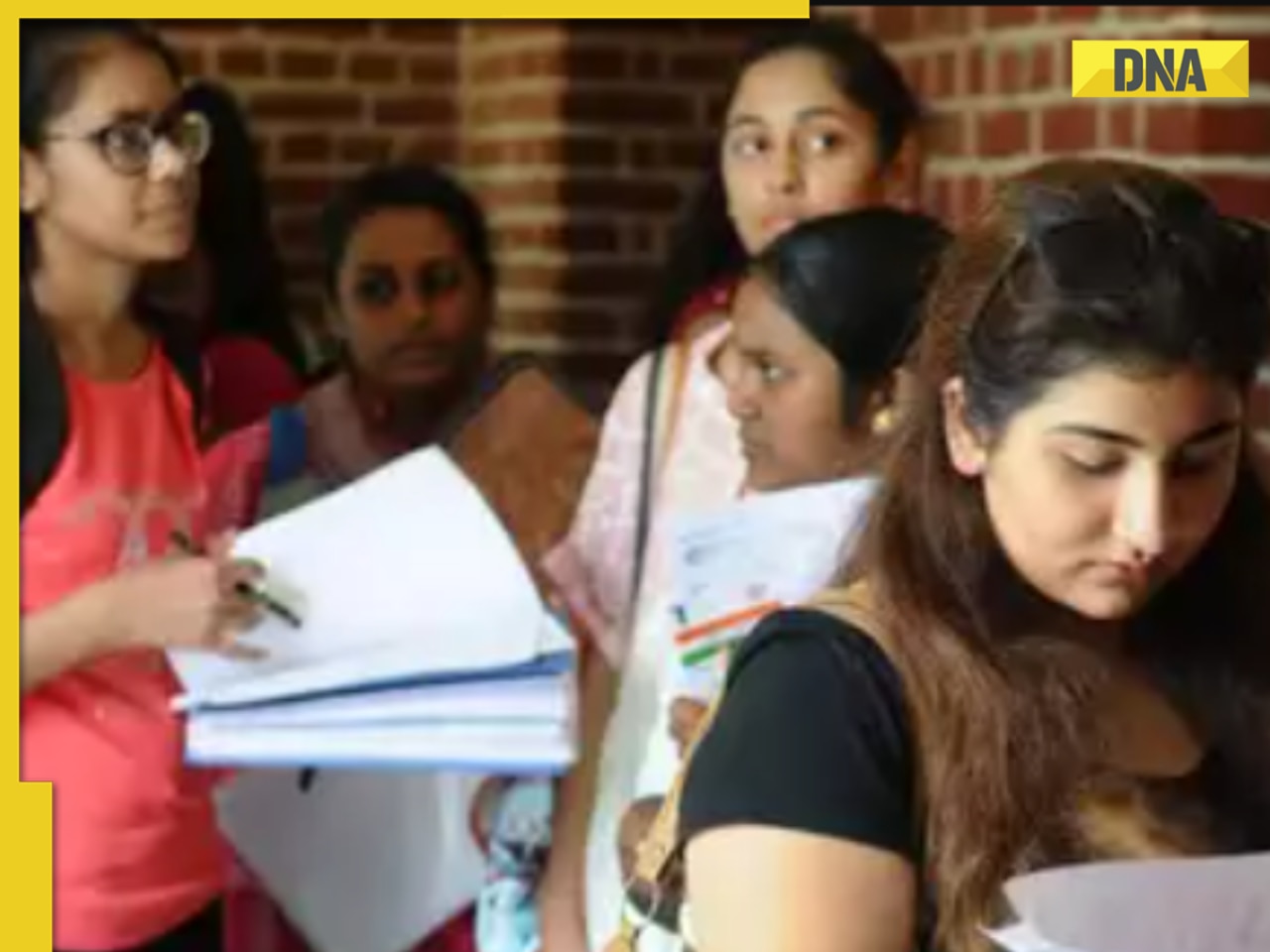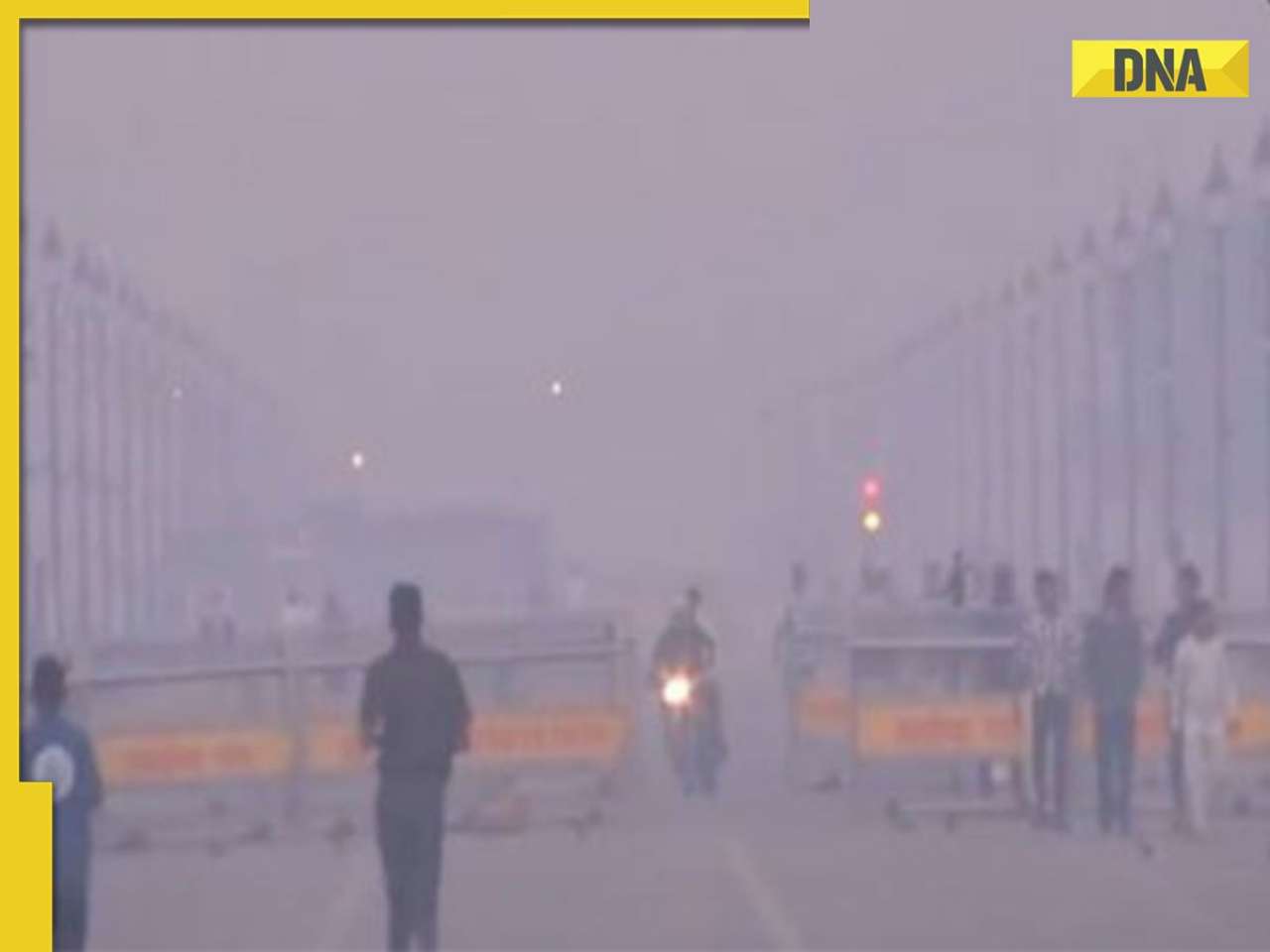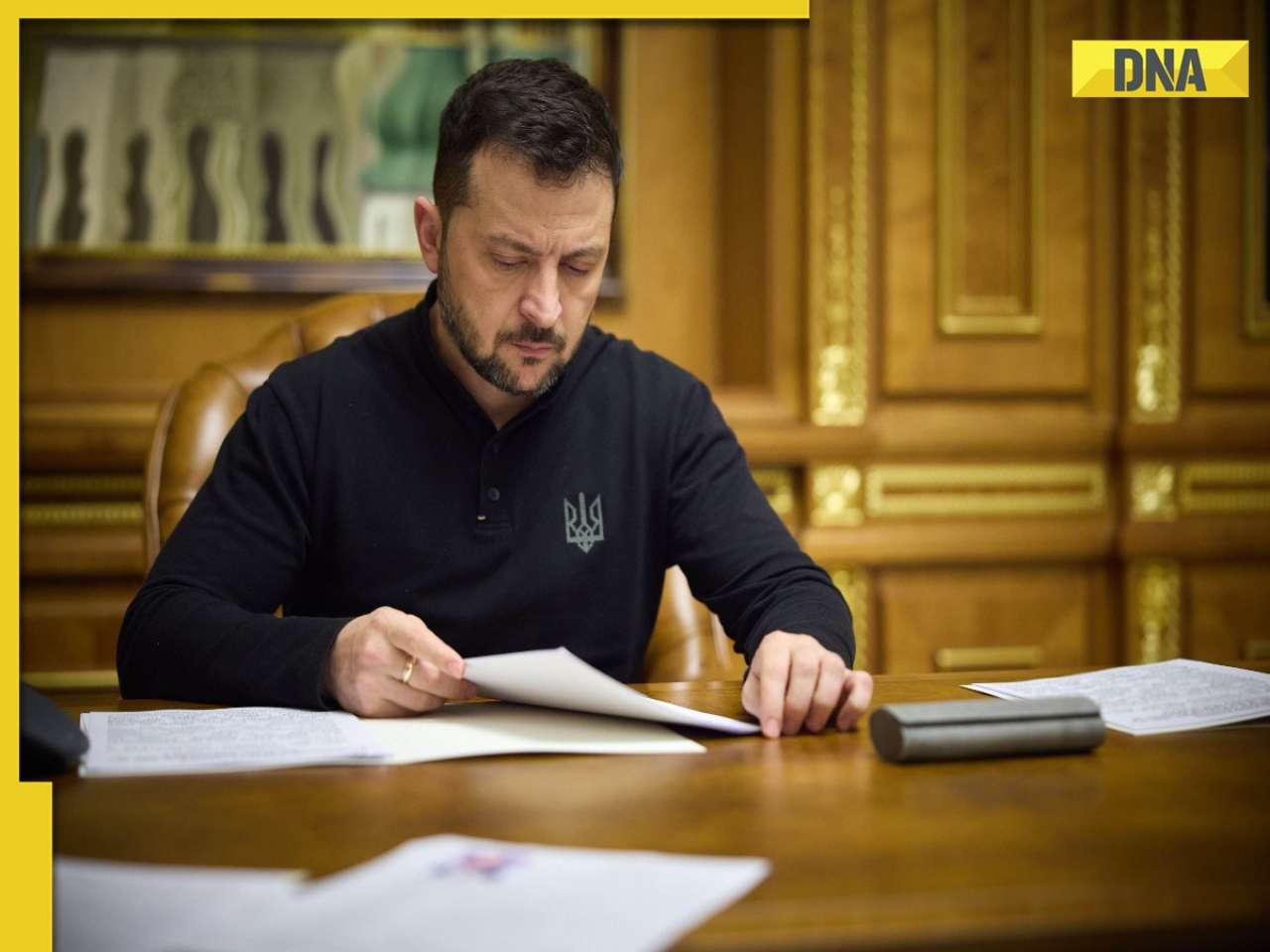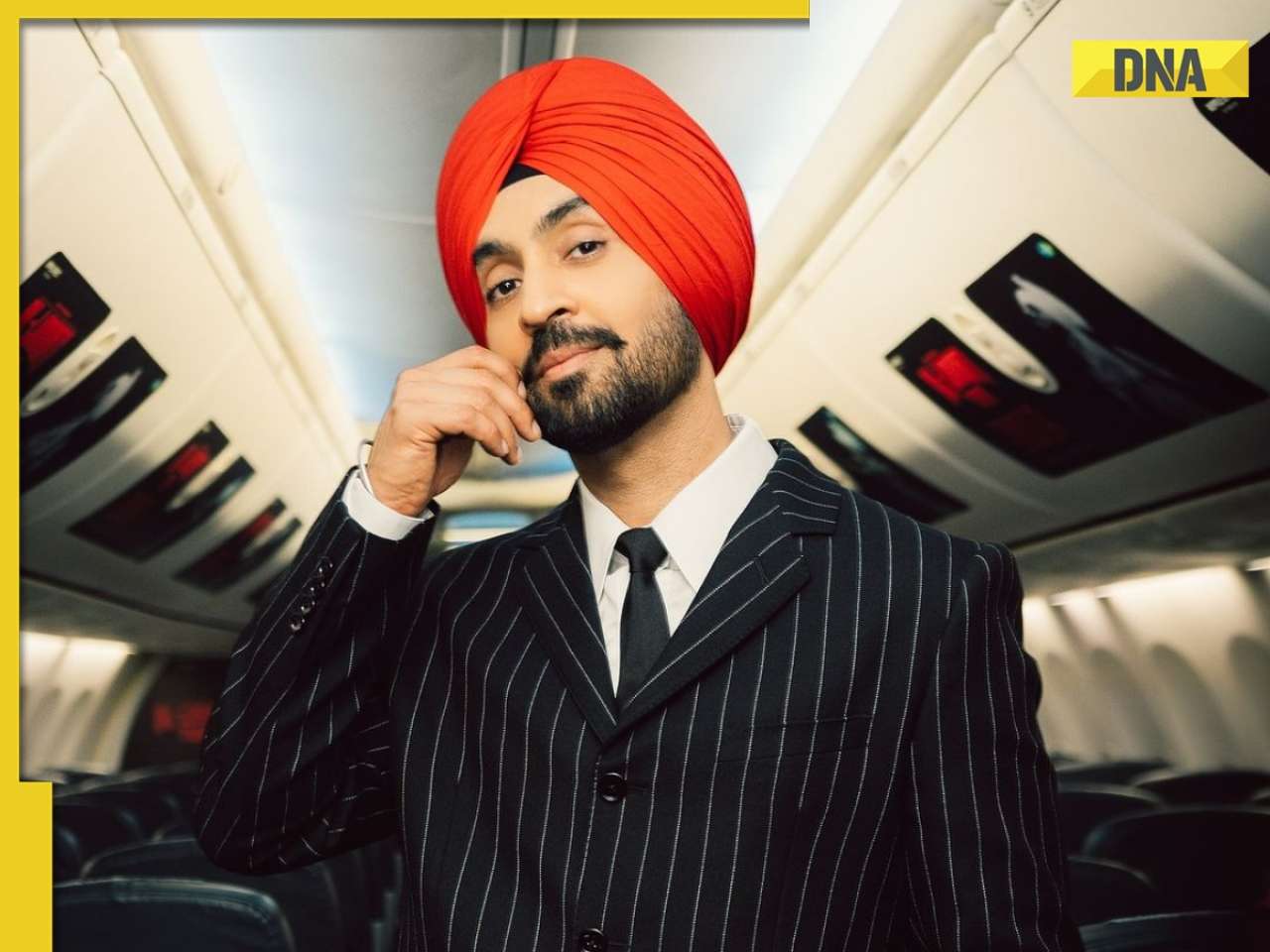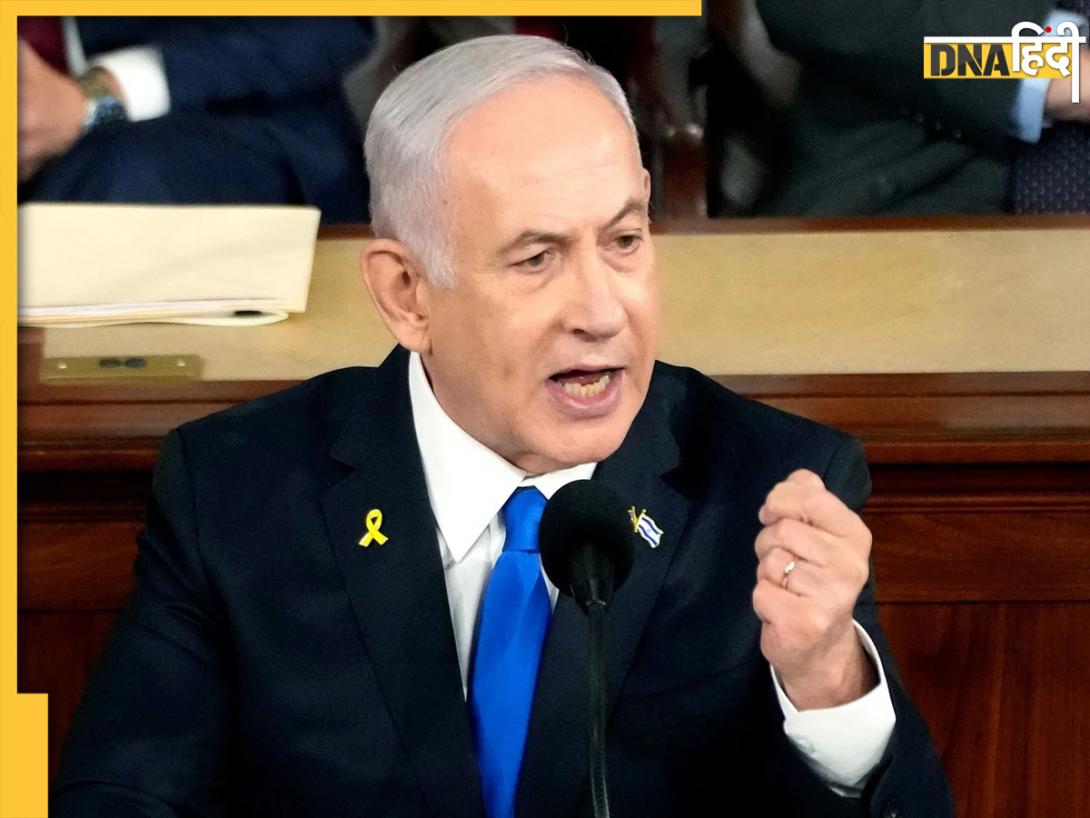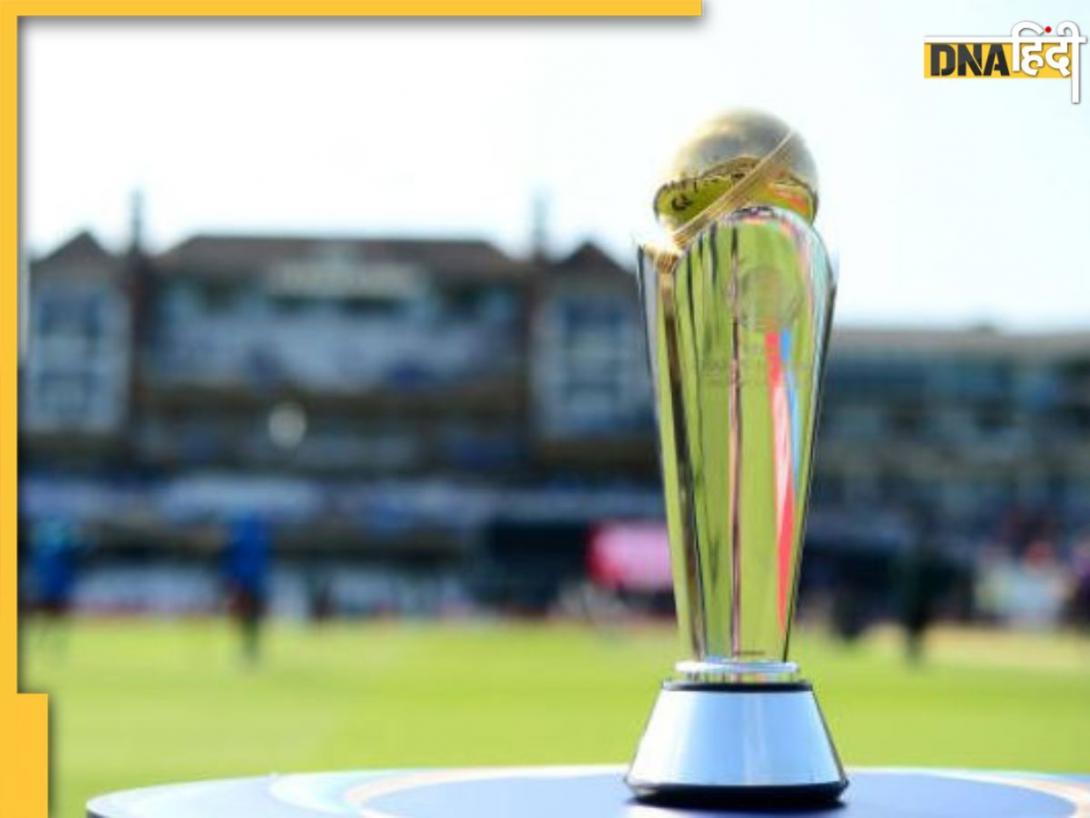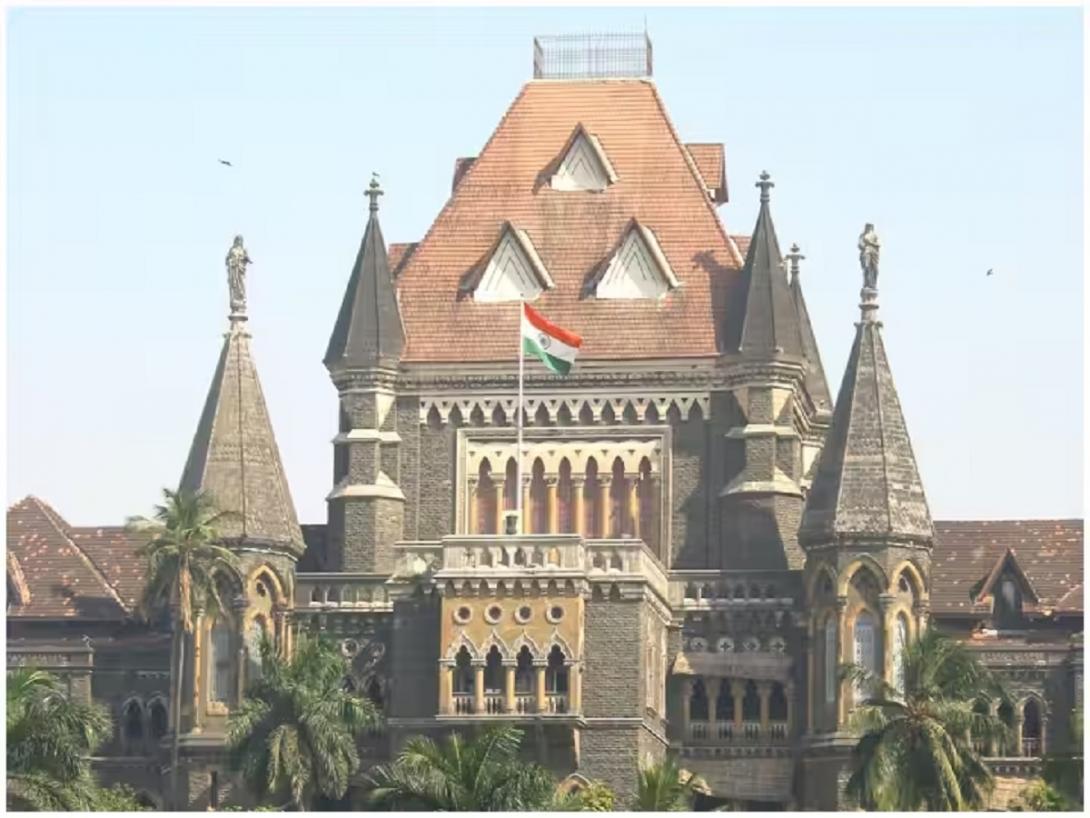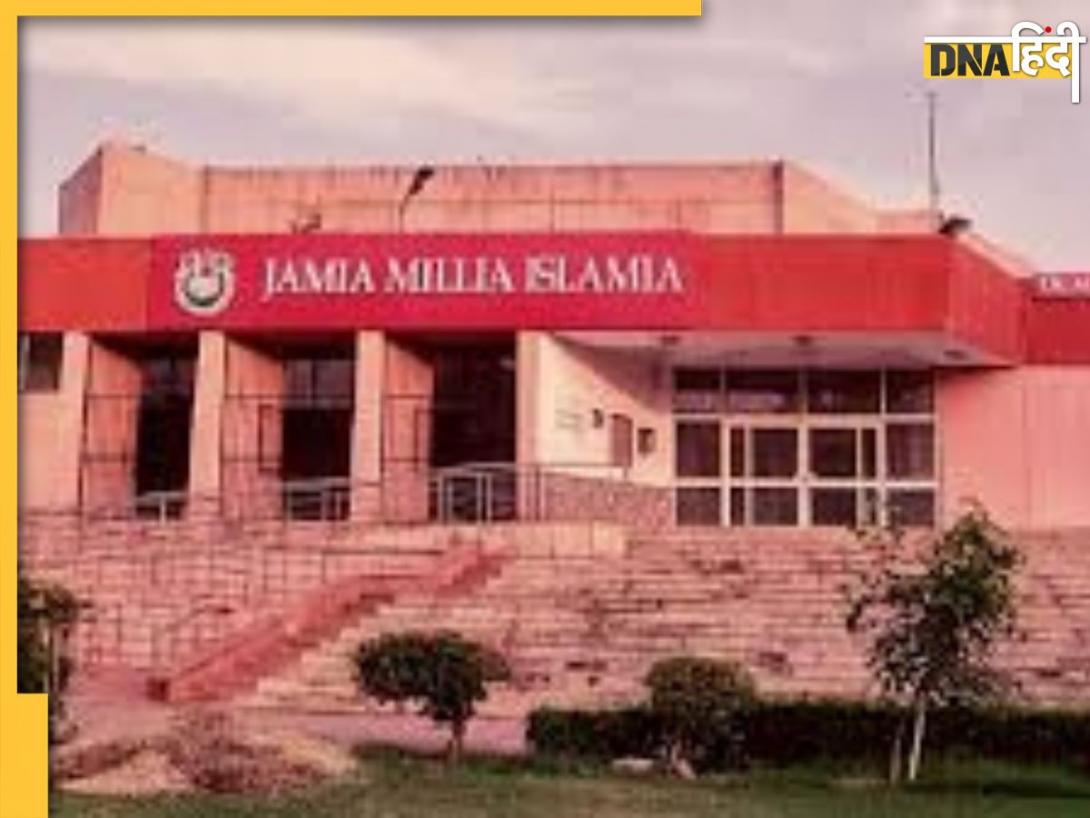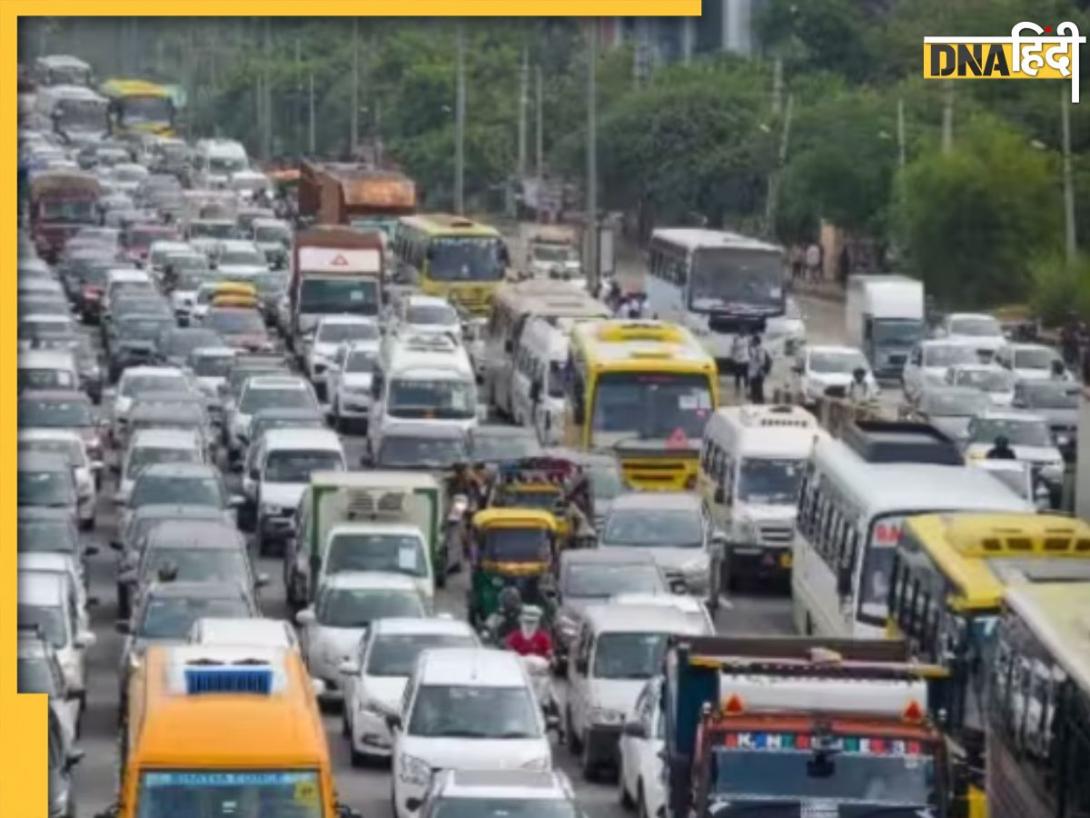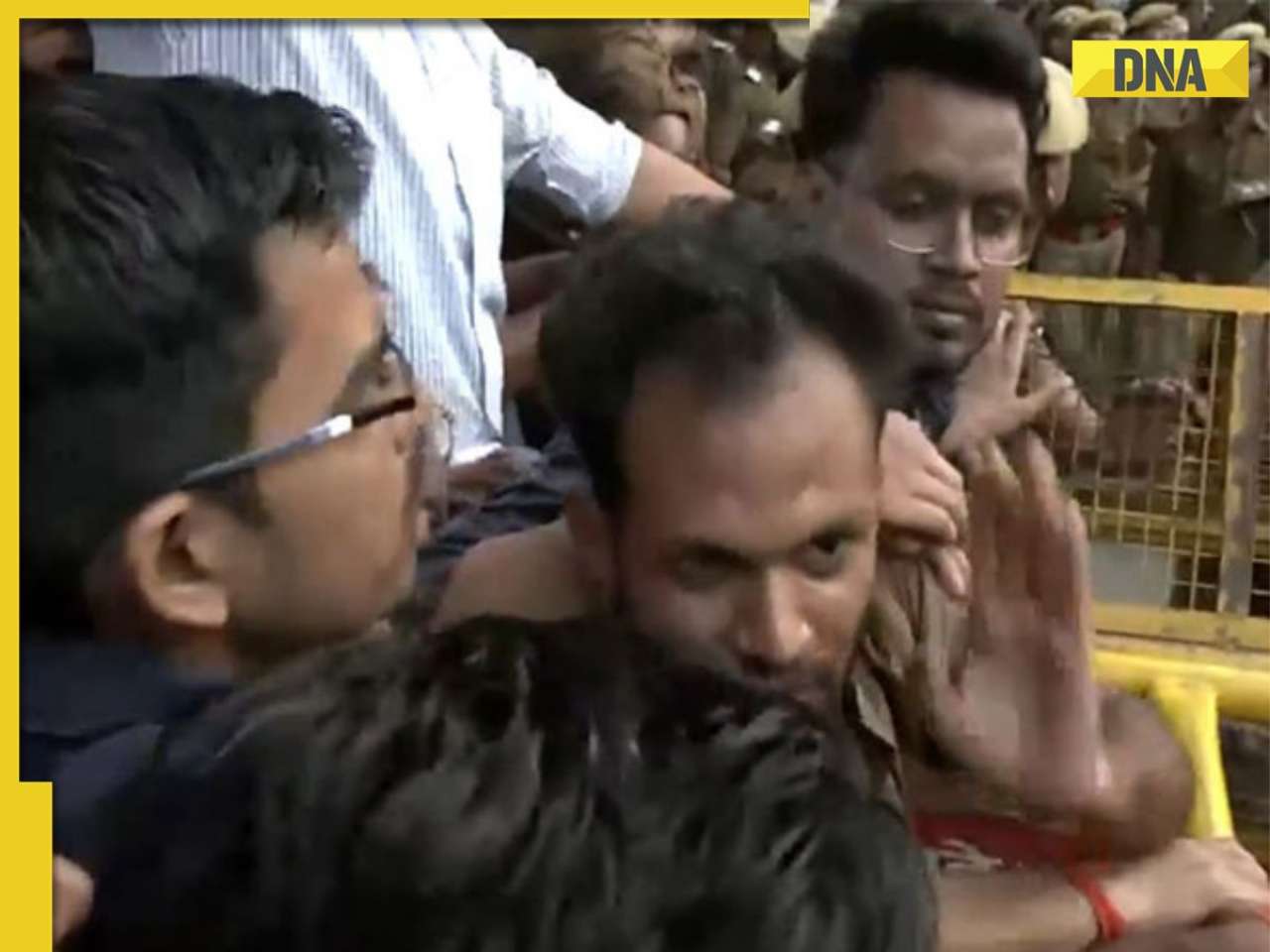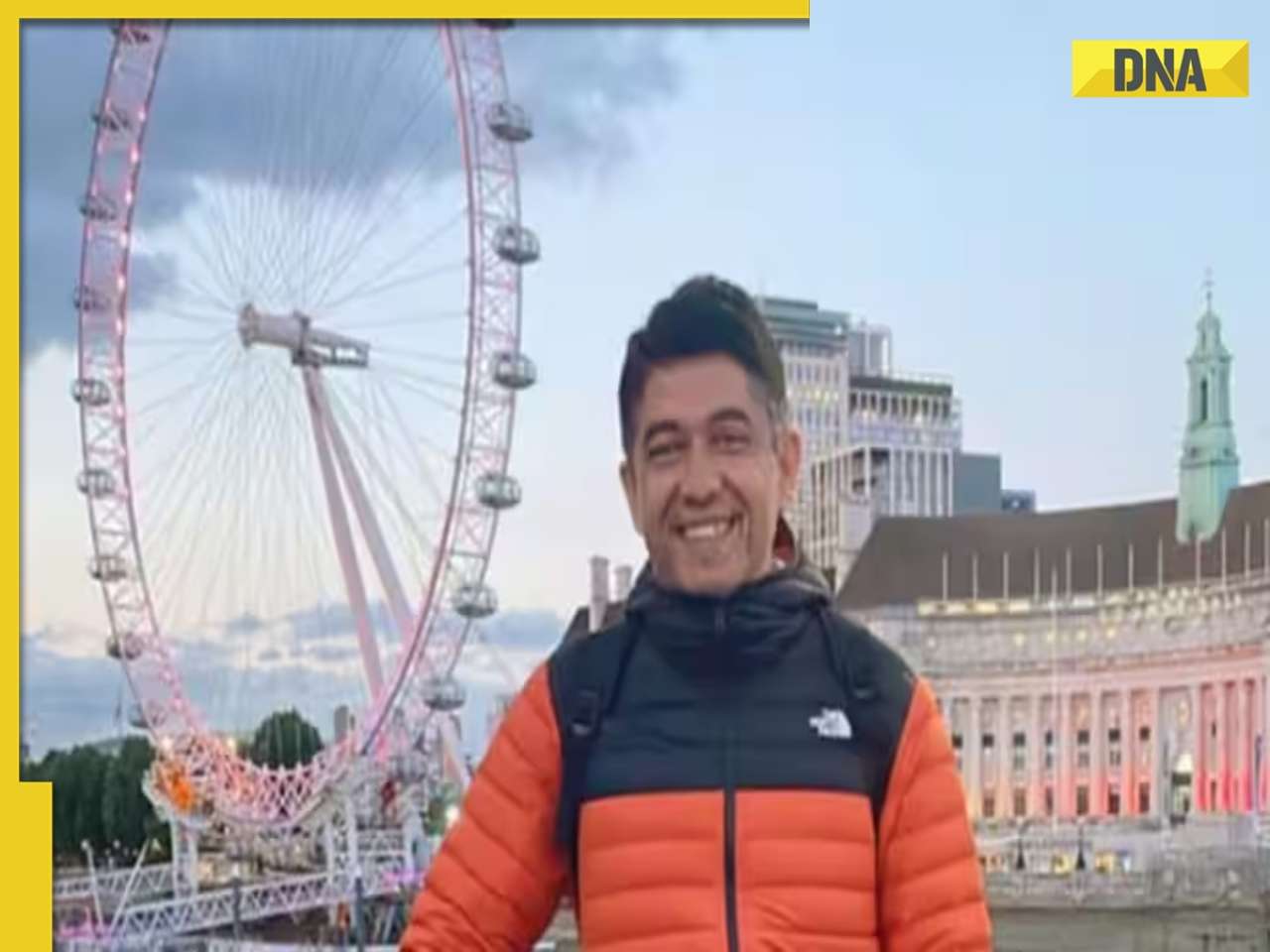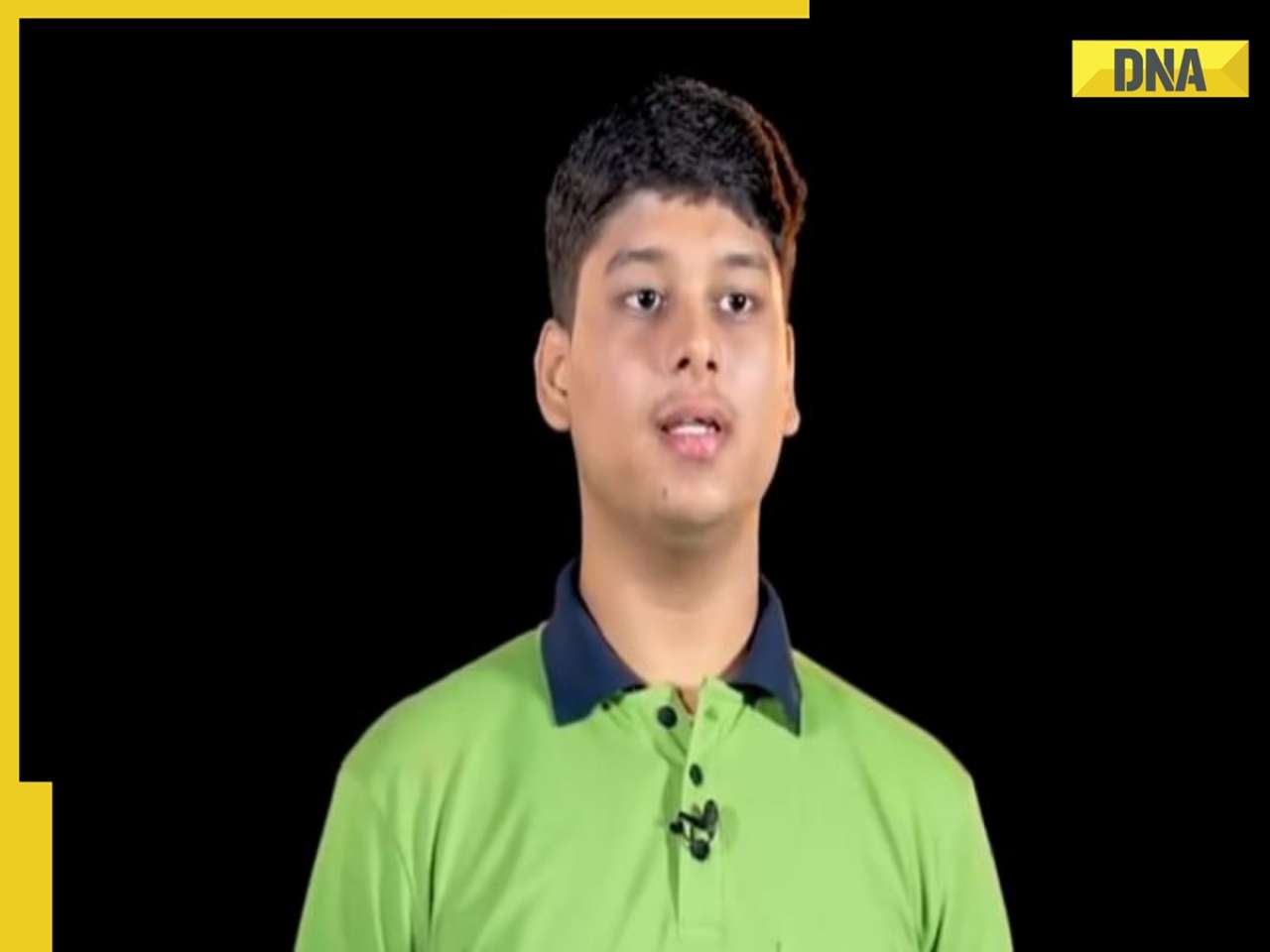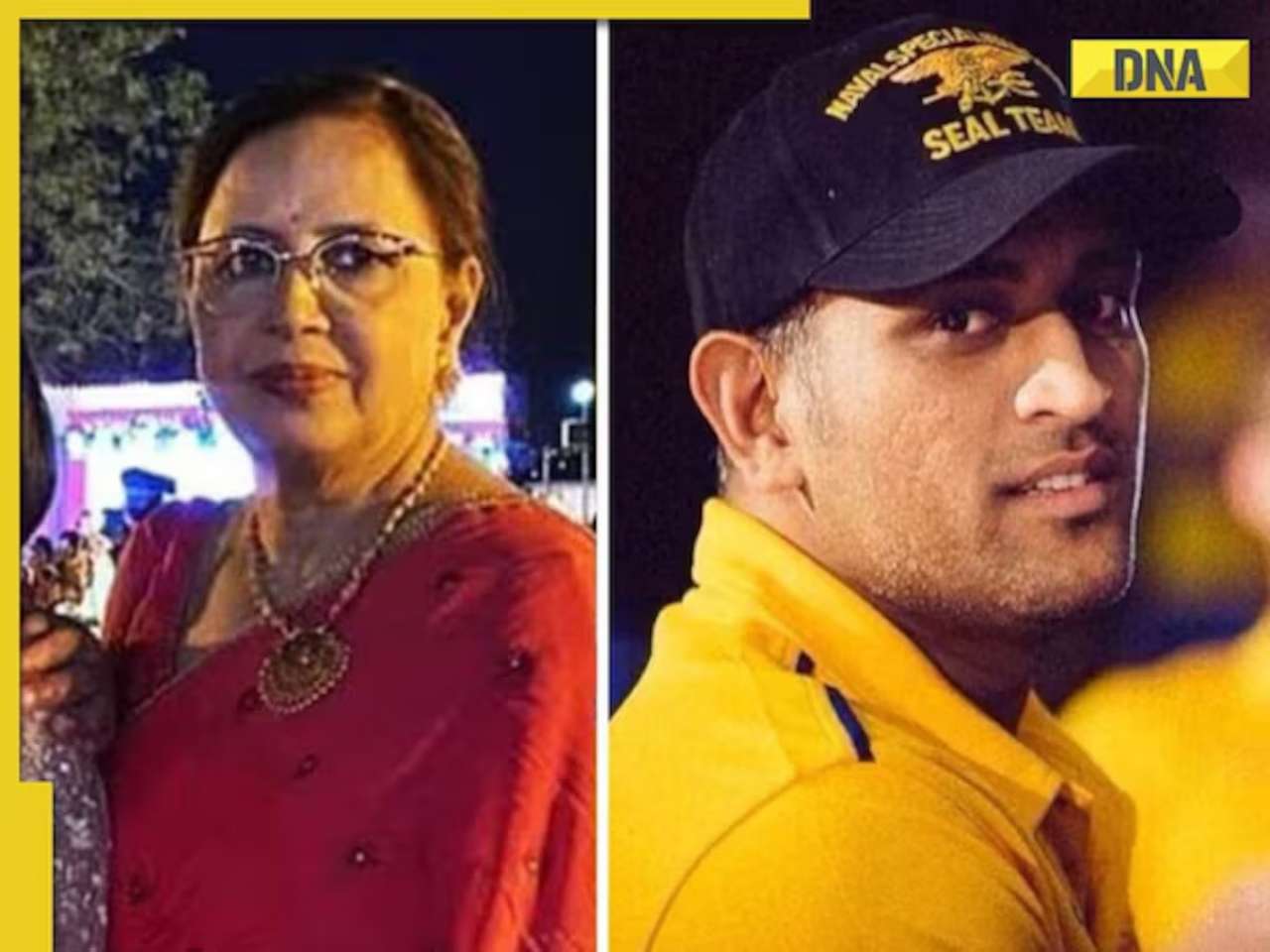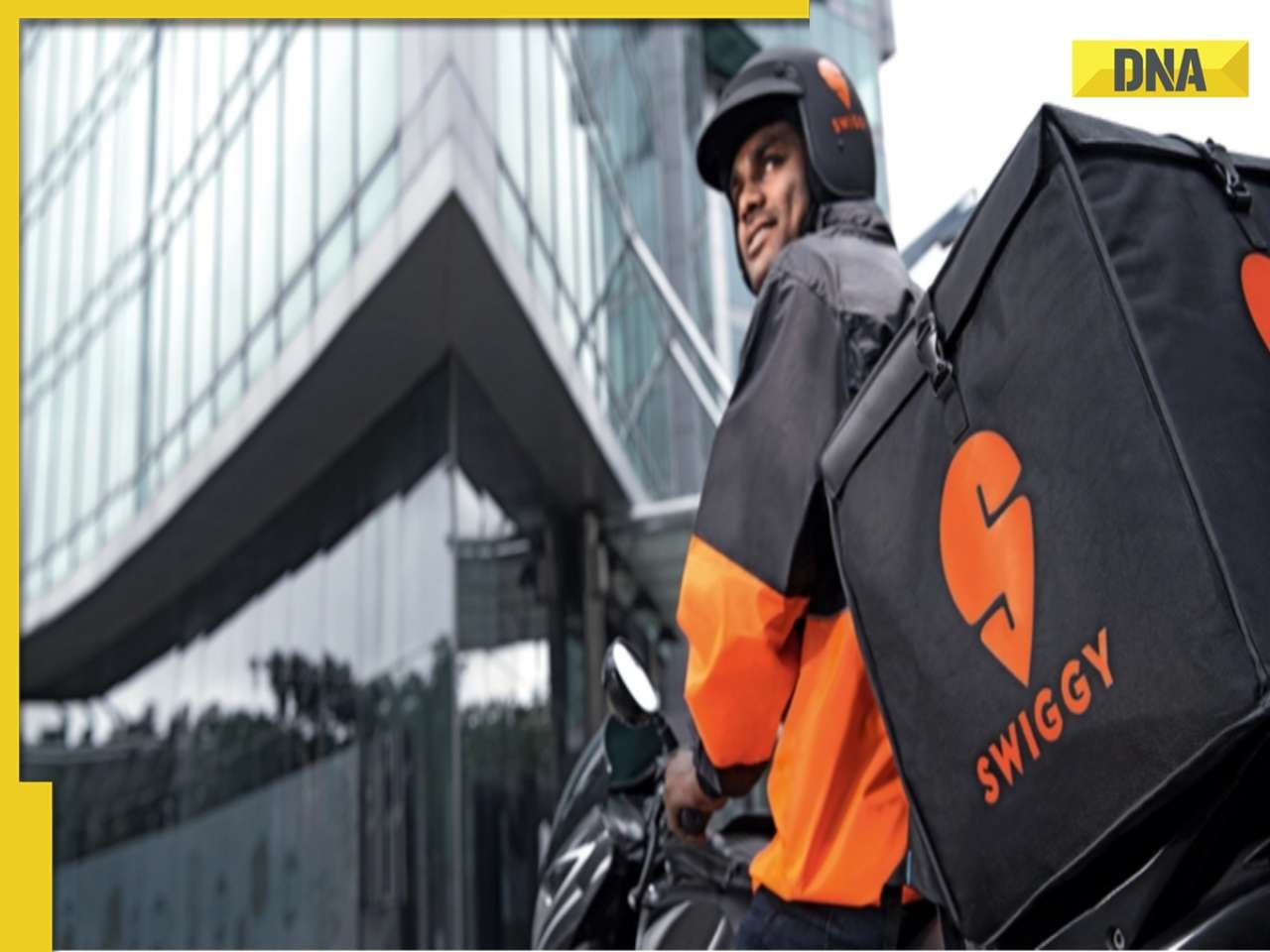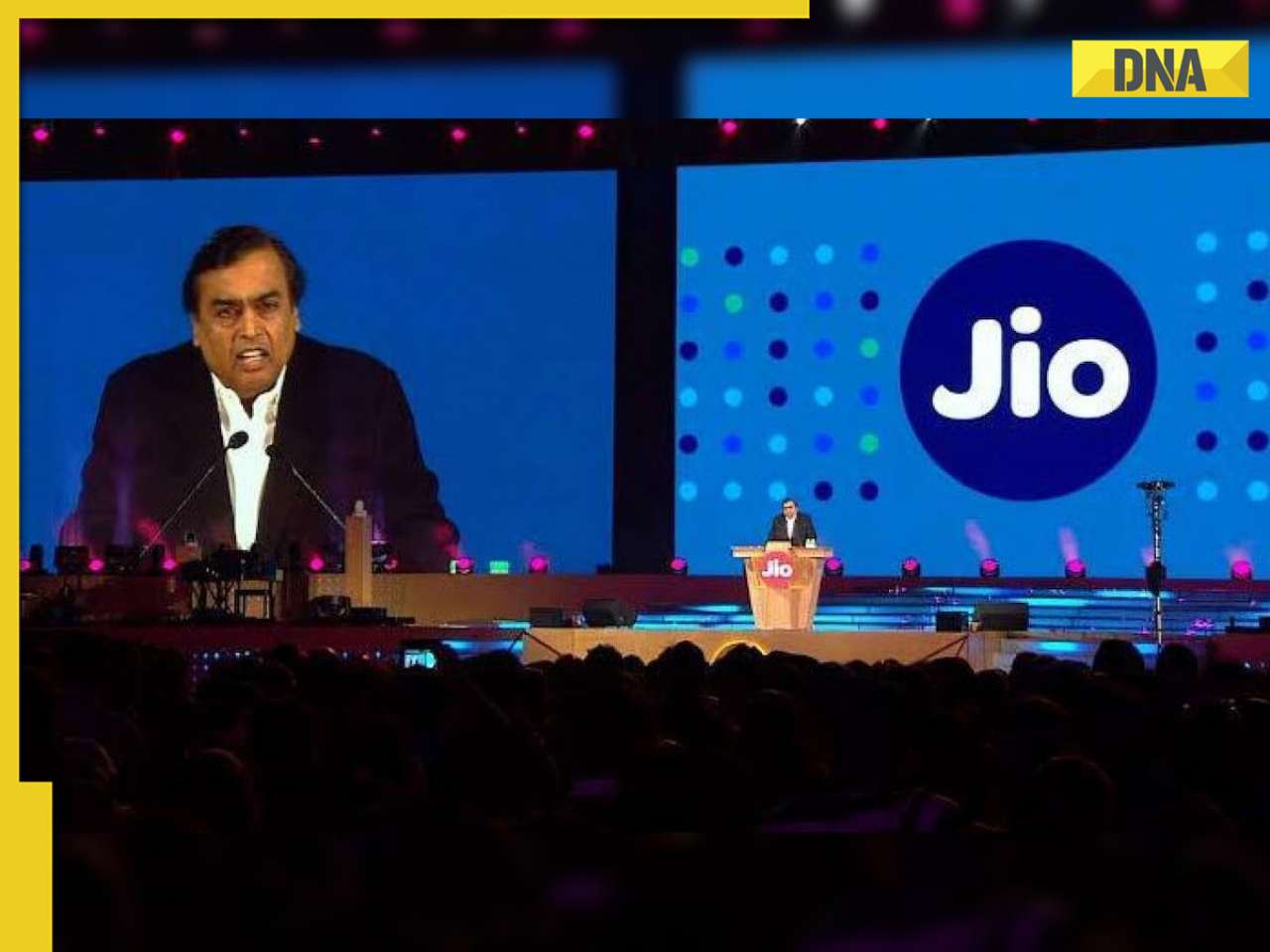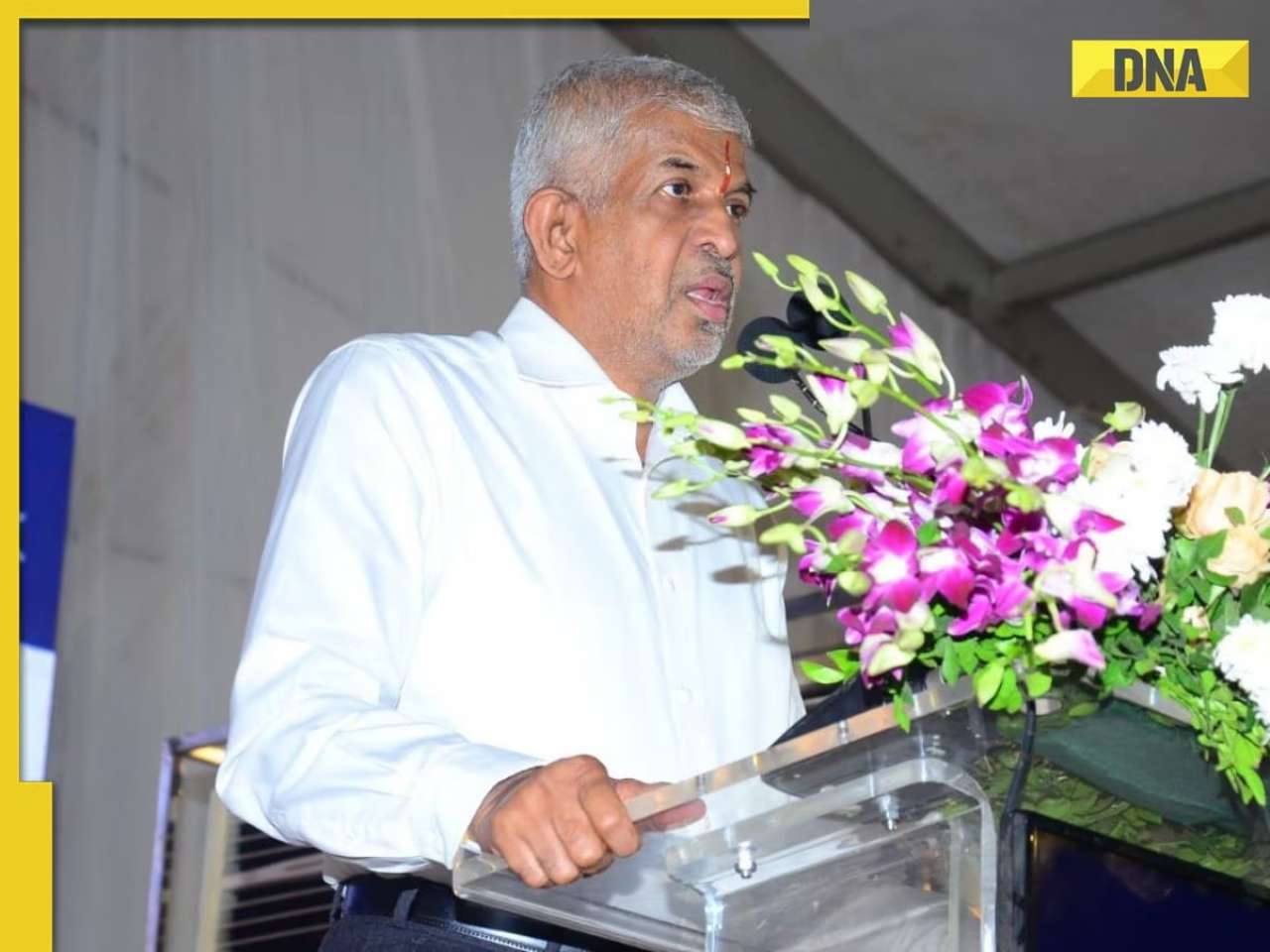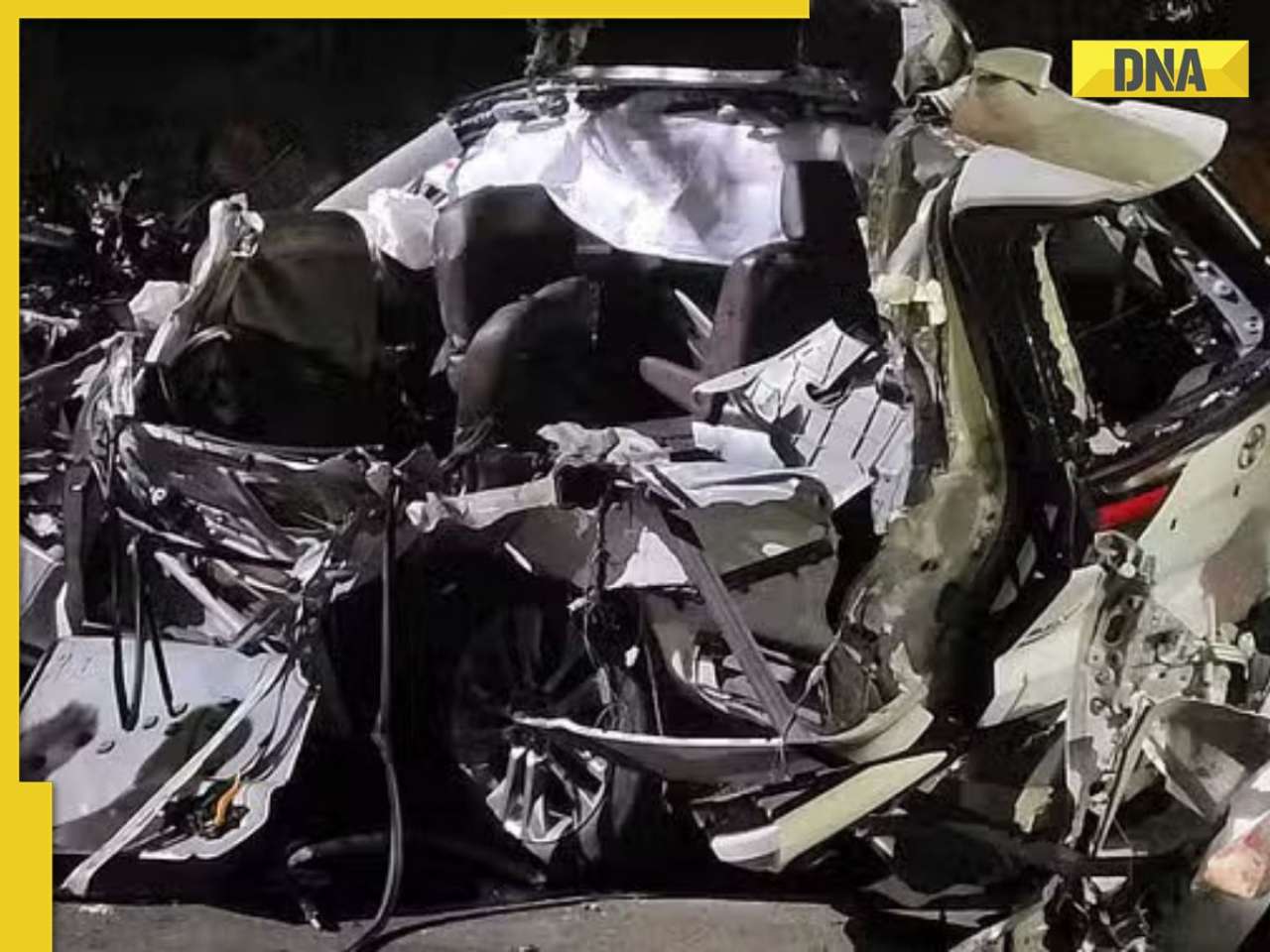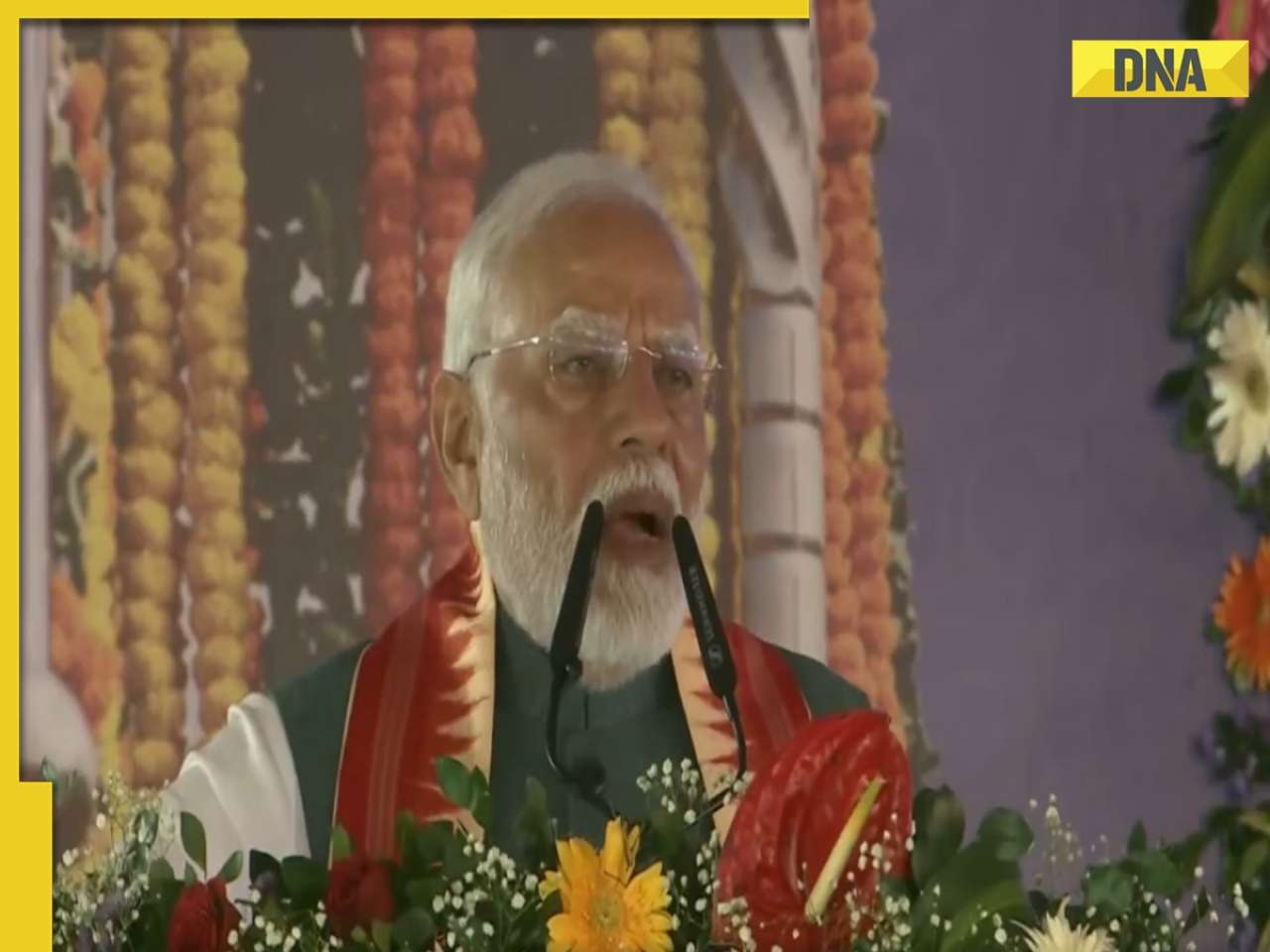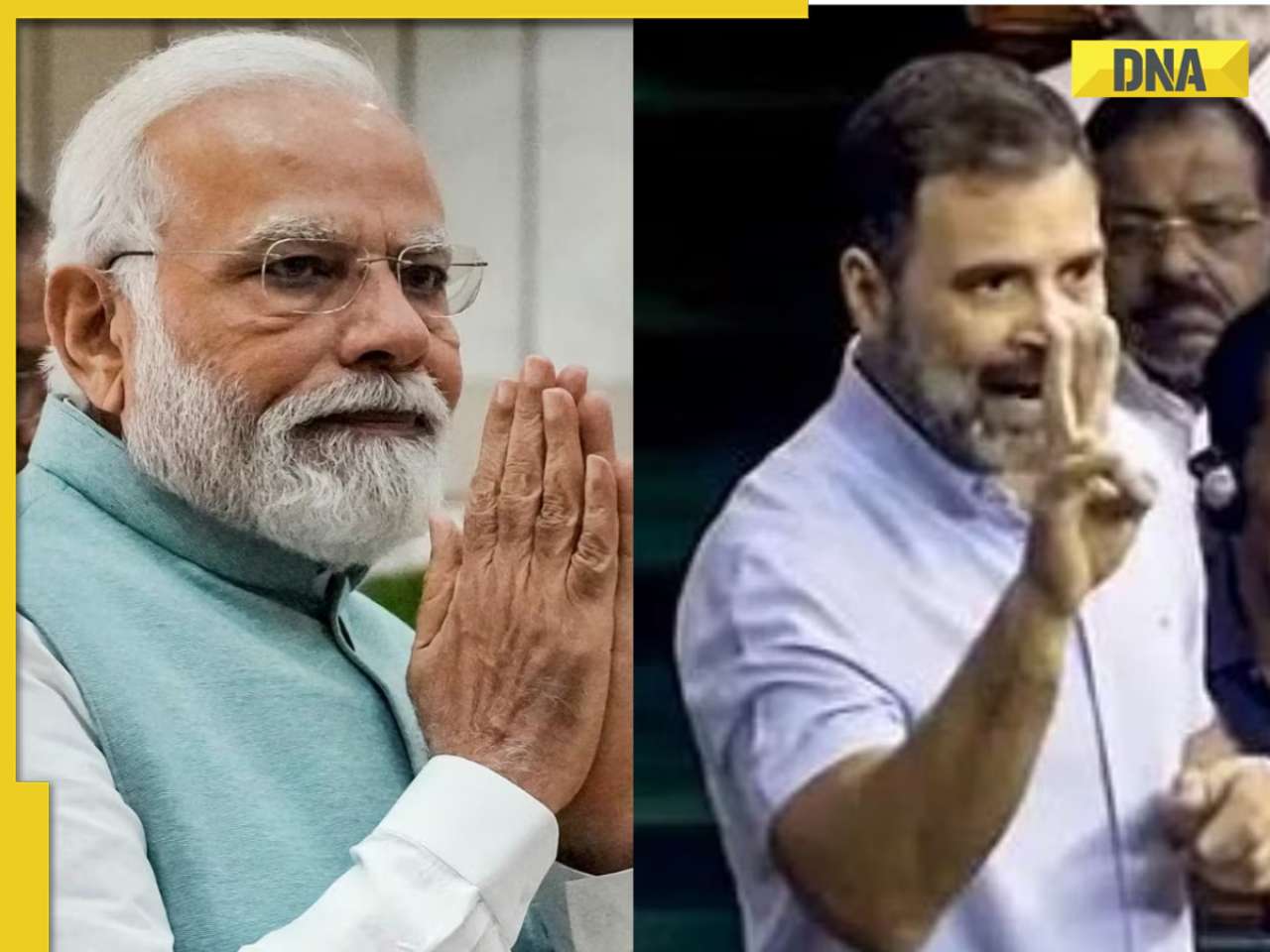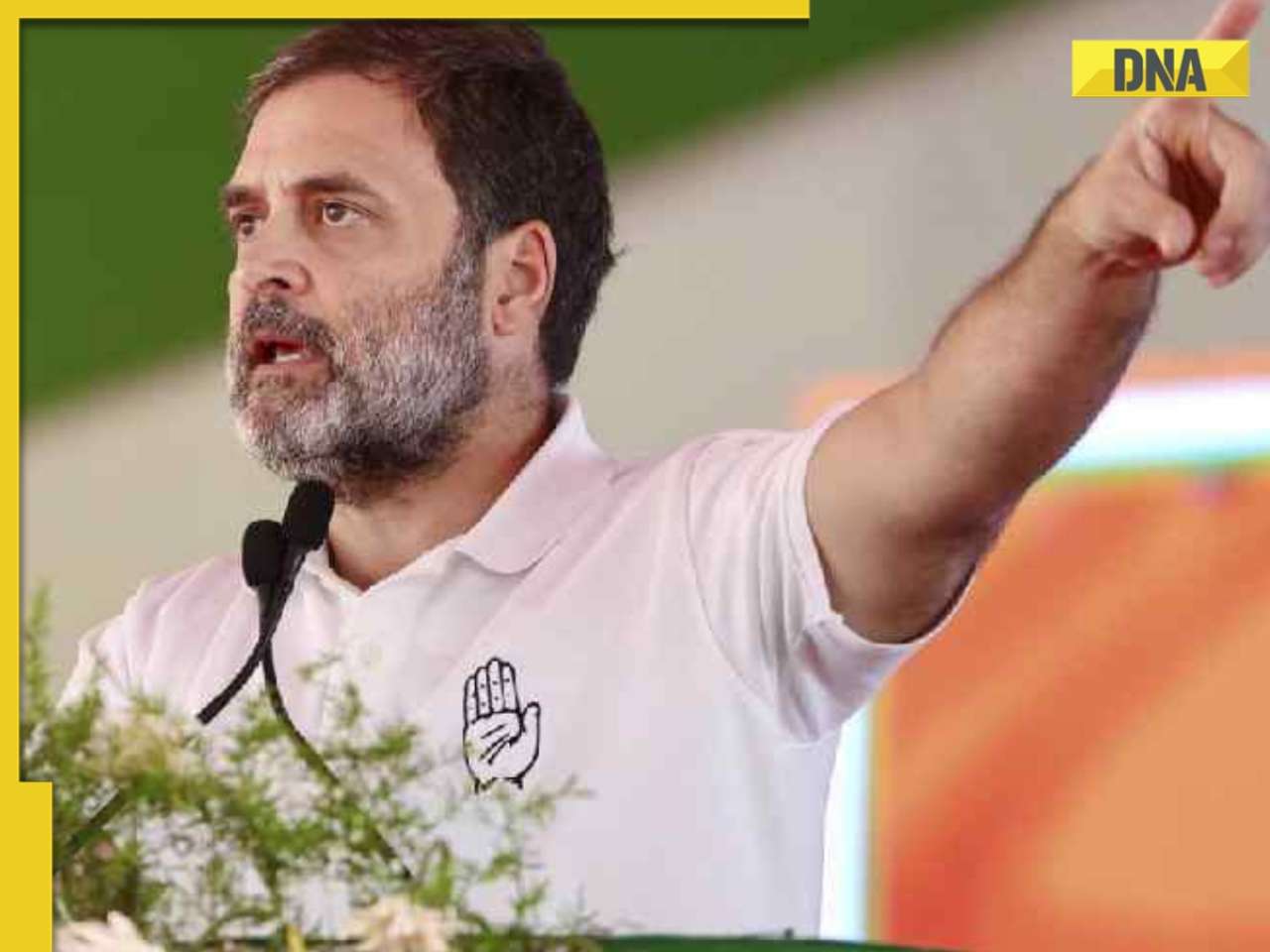- LATEST
- WEBSTORY
- TRENDING
ANALYSIS
The threat WTO poses to Indian agriculture
India’s two major concerns — food security and farm subsidies — must be addressed
TRENDING NOW
While the ruling NDA is still coming to grips over the devastating electoral verdict in Bihar, there is more trouble brewing ahead — this time at the forthcoming 10th Ministerial Conference of the World Trade Organization (WTO) scheduled to be held at Nairobi from December 15-18. Unless India is able to put its act together, the outcome of the Nairobi Ministerial may strike a severe blow to agriculture.
With more than 600 million people engaged in agriculture, this is a risk that the Narendra Modi government cannot afford to take. The Prime Minister had given a strong indication of India’s stand when he told the recently-concluded India-Africa Forum Summit in New Delhi: “We should [also] achieve a permanent solution on public stockholding for food security and a special safeguard mechanism in agriculture for developing countries.”
But the configurations are fast changing. Not only that the WTO director general Roberto Azevedo has been openly batting for the US/EU position of capping the Minimum Support Price (MSP) for Indian farmers as well as the need to limit input subsidies being given for fertiliser, seed, pesticides and irrigation to the present level, he is also literally threatening a “doomsday” scenario if the developing countries fail to accept the demand of the rich industrialised countries.
At the heart of the negotiations are two clauses that will hit India the hardest. The first pertains to public stockholding for food security for which India has managed to get a temporary exemption. The undue haste with which India went backwards to conform to the July 31, 2014 deadline that WTO had imposed will continue to haunt New Delhi for many years to come. Instead of standing firm, India had buckled under pressure to accept a newly introduced Trade Facilitation Agreement in lieu of its food security concerns. Under the rules, India can go on maintaining its food buffer stocks till a permanent solution is found but cannot export subsidised food that can distort markets. Subsidised food exports from India, therefore, can be challenged by any member country.
The developed countries, including US, EU, Canada, and Australia are against giving India any permanent waiver. In reality, what the rich countries are aggressively wanting is to limit the provisions of MSP given to Indian farmers. Treating MSP as an agricultural subsidy, the rich countries have accused India of exceeding the 10 per cent limit — called de-minimis level — that was imposed way back in 1986-88. But at the same time these countries are not willing to re-open the 2008 revised draft modalities achieved at the WTO that aimed at cutting the massive domestic and export subsidies in the rich countries. According to a study, the average farm subsidy a farmer in India gets is Rs1,000 per month. America on the other hand provides an average monthly farm subsidy of Rs2.5-lakh.
In addition, the US has now demanded the budgetary outlays for product-specific input subsidies for agriculture — like fertilizer, pesticides, seed, irrigation and credit — to be capped at the levels existing at the time of the Nairobi Ministerial. Such an obligation, if accepted, will strike a death-knell for Indian agriculture. What has to be understood is that these subsidies are primarily to keep the cost of production low so as to keep food prices low for consumers. Withdrawing the input subsidies will only increase the cost of cultivation, which means the food prices will skyrocket. The socio-economic as well as the political implications of restricting input subsidies to farmers are too grave to even visualize.
The second contentious issue pertains to special safeguard measures (SSM) that were granted to developing countries so as to minimise the harmful impacts of cheaper imports. The rich countries have already been using Special (Agricultural) Safeguards (SSGs) very effectively to check import surges. For instance Norway has applied SSG 581 times; Switzerland 961 times and US 189 times. Similarly, for the developing countries a SSM is being worked out, which too is being opposed by US, EU, Canada, Japan and Australia. SSM actually means raising tariffs temporarily to deal with a flood of imports and price falls. But this formula has still to be worked out keeping the level of import surges and at what level of imports should the countries be allowed to raise import tariffs.
The dice is therefore heavily loaded against India and China which have a huge food security programme depending upon massive food procurement from small farmers. In other words, procurement of food, which the WTO wants to dismantled, ensures livelihood security for millions of small and marginal farmers. India cannot ever think of placing the livelihood security of 600 millions farmers on the chopping block of international trade.
Considering that the demand for winding up the ongoing WTO negotiations at Nairobi are growing, India will have insist on the continuation of the negotiations unless its two major concerns on food security and agriculture are first addressed. It has the support of the powerful G-33 group of developing countries along with the least developing countries. But unfortunately it’s the domestic lobbies — including the industry associations and mainline economists — who are likely to make a loud noise saying that getting ‘isolated’ at Nairobi would mean India be branded as an obstacle to boosting global trade. I hope Prime Minister Narendra Modi does not easily succumb to this domestic pressure.
At the same time, India must aggressively bring the rich country agricultural subsidies back on the negotiating table. Agricultural subsidies in the developed countries have increased from US $ 350 billion in 1996 to $ 406 billion in 2011. Lately, the EU alone has notified Euro 84.106 billion farm subsidy for 2013. The latest US Farm bill 2014, which makes budgetary provision for farm subsidies for the next ten years, has forecasted a subsidy support of $ 956 billion. Unless these subsidies are cut, and cut drastically, any agreement to close the WTO negotiations at the forthcoming Nairobi Ministerial will be a betrayal of the farming communities. It will be like putting a lamb before a dinosaur.
The author is a food policy expert

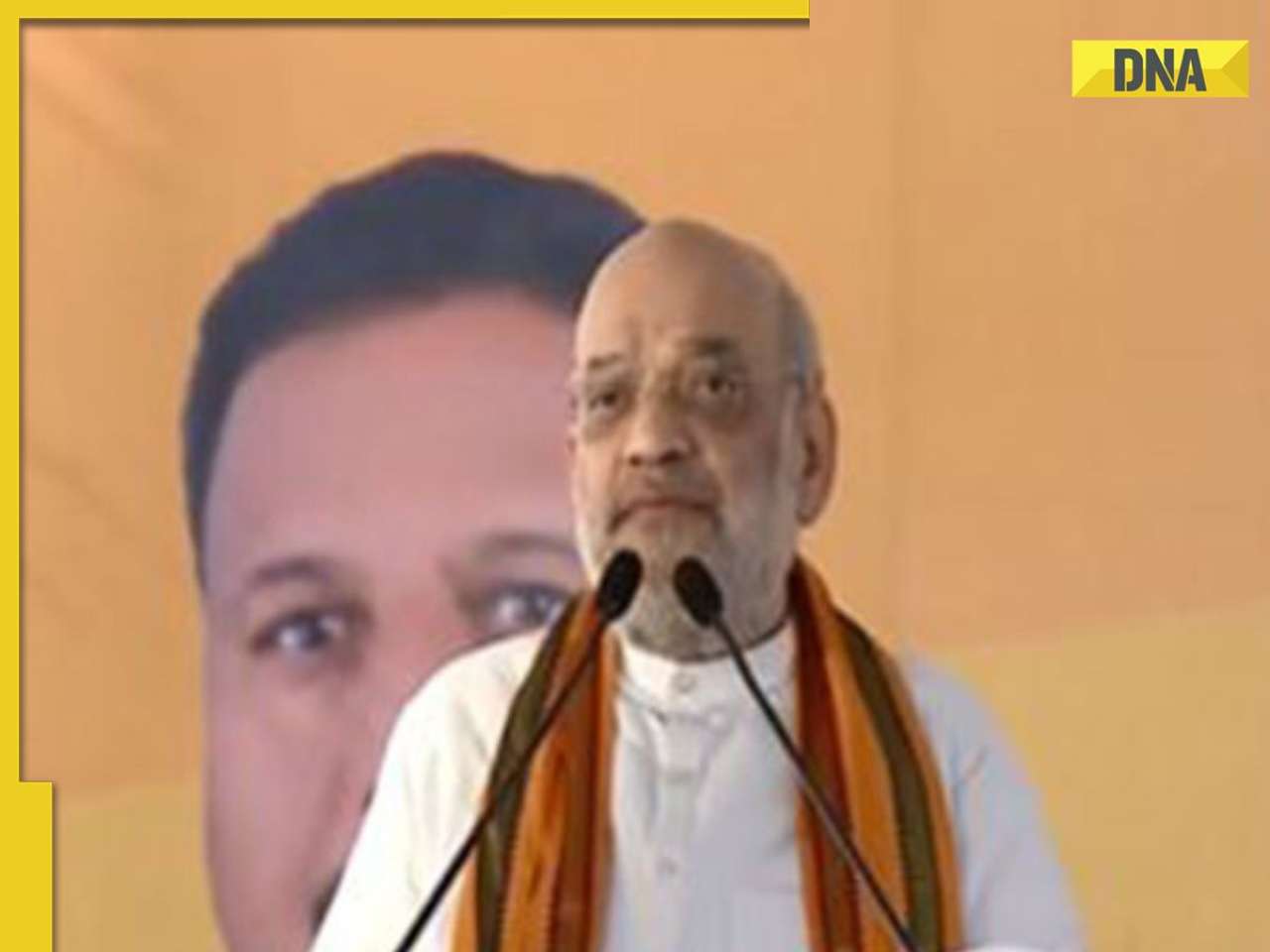
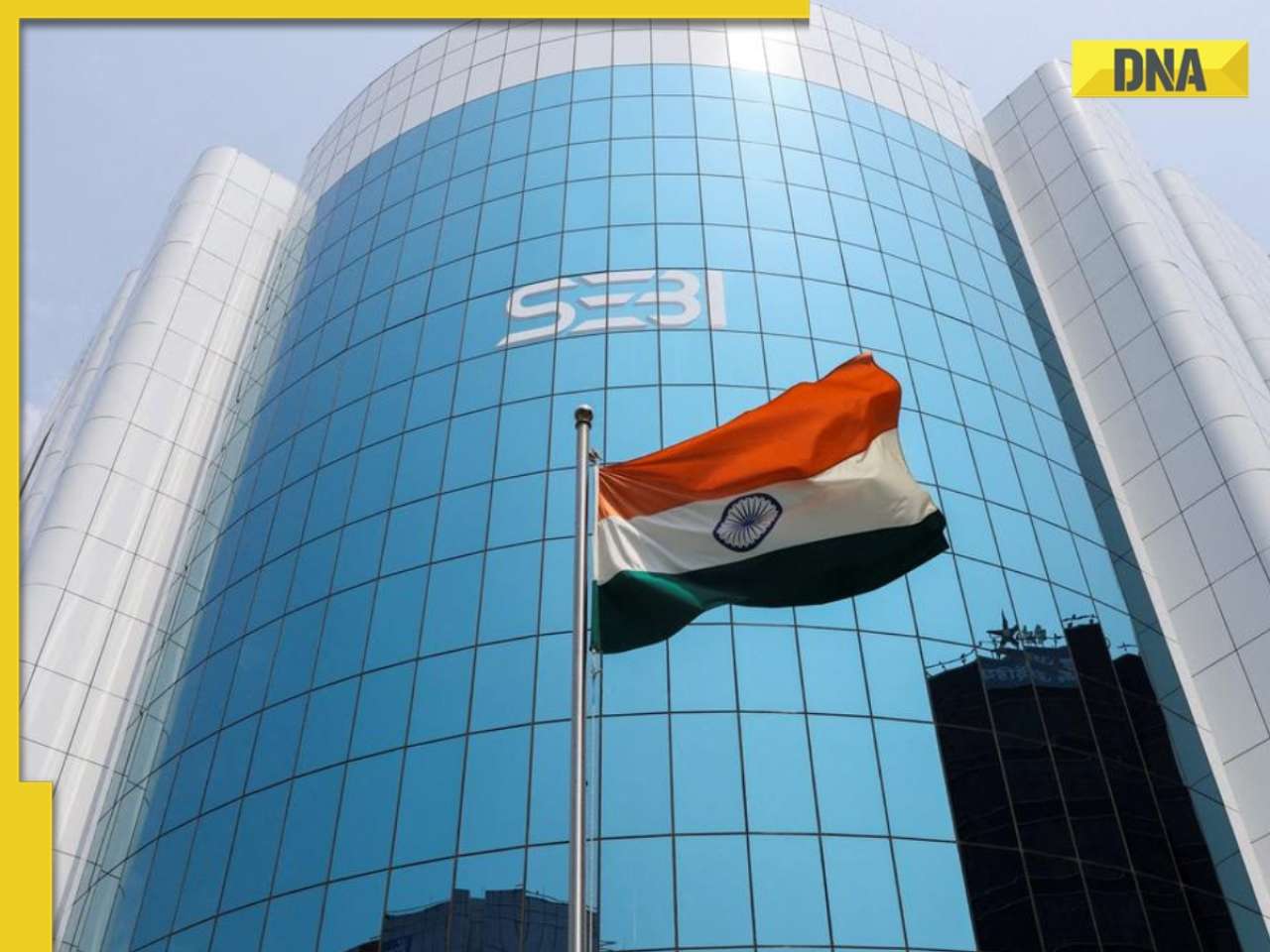




)
)
)
)
)
)
)
)
)
)
)
)
)
)
)
)





